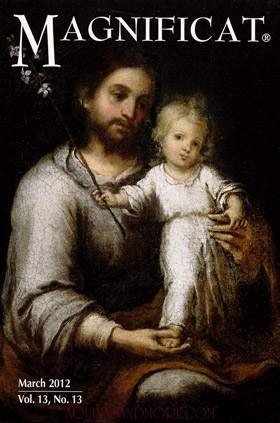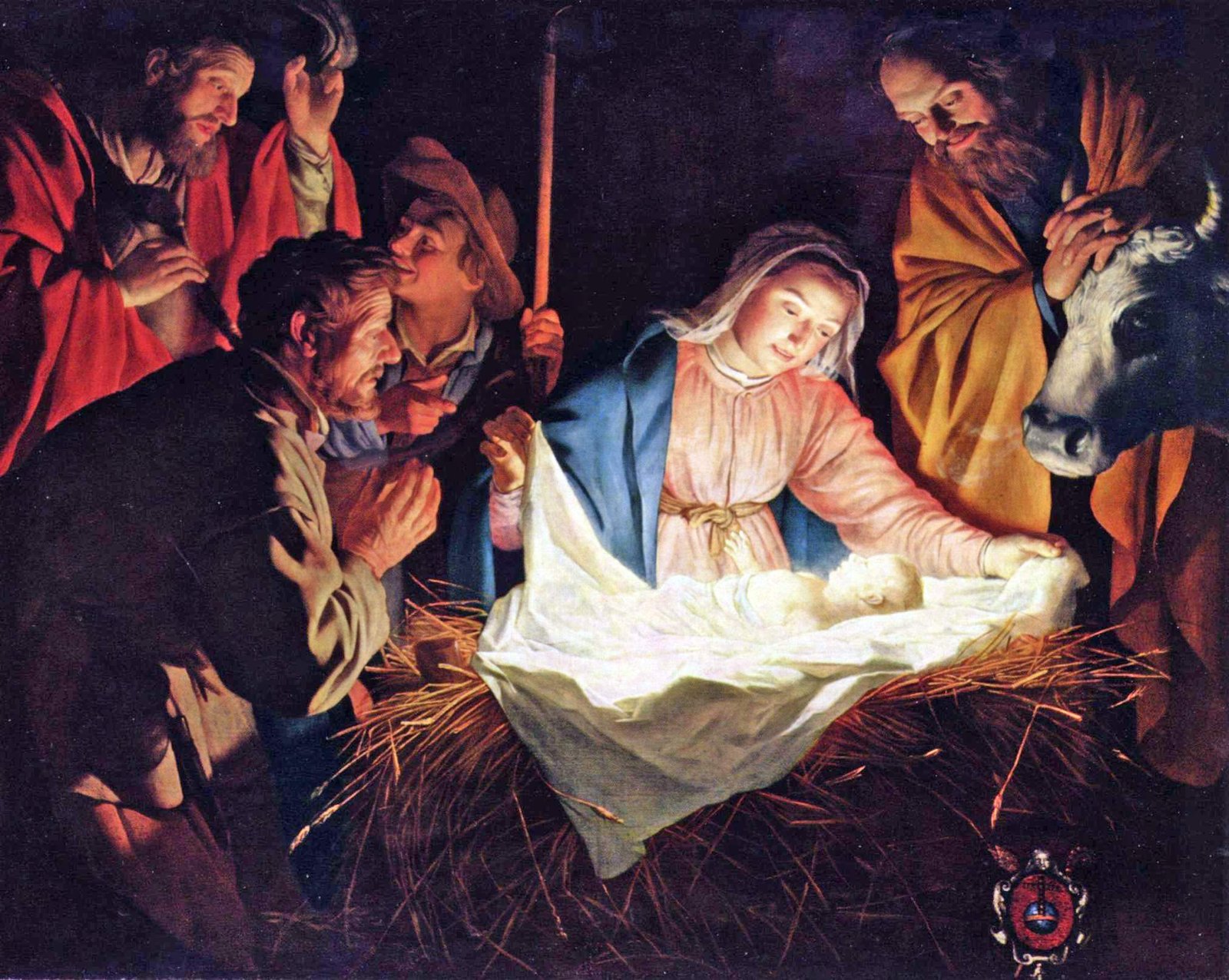Today is Saint Joseph’s day, my name day. But now is probably the time to note how completely out to sea I feel in many aspects of Catholic culture.
I don’t entirely understand how “patron saints” work, for churches and institutions, but particularly for individuals. Is there some formal process by which a patron saint is declared? Or is someone a “patron” just because I declare it so, because I ask them in particular to look out for me and pray for me? Are they exclusive? Can I have only one, special patron? Or can I fill my bucket with all my favorite saints I would like to have covering my back, and call them all my patrons? Do they have any particular say in the matter? Is it like choosing an academic advisor; in which case they might decide that their docket is full, and that they can’t afford to take any more advisees? Or do saints in heaven literally have all the time in the world, being outside our understanding of time? Is it, as I’ve heard many people say, a matter of the saint choosing us — much as “the wand chooses the wizard” in the world of Harry Potter?
In many cultures and many times over history, I know, children were often named for the saint on whose feast day they were born — joining their name day and their birthday. For children who are born Catholic, is their patron saint generally the saint for whom they are named? (In that case, what about children given more modern, non-saintly names?) Or do they, as I will, choose their own patron saint at their confirmation? Are there any particular customs attached to the celebration of the feast day of an individual’s patron saint?

Bartolomé Esteban Murillo (1617-1682), Saint Joseph and the Child Jesus, on the cover of this month's Magnificat.
St. Joseph. He is a saint held in especially high regard in the Catholic Church, being the adoptive father of Our Lord, the spouse of Our Lady, and the head of the Holy Family. I learned only today that he is the patron of the Catholic Church. I was gratified when it occurred to me, some months into this process, that my pastor, my bishop, and my pope all share my birth name. I noticed, on Rome Reports, that today is “the pope’s feast day.” Is this by virtue of his name being Joseph, of St. Joseph being his personal patron saint, or of his being pope? Or all of the above?
I really struggled, some months ago, with accepting many of the Marian beliefs. And conjoined to this was the idea of St. Joseph as Mary’s “most chaste spouse” — a notion, like Mary’s Perpetual Virginity, that is very foreign to the Protestant mind. For Protestants especially, Joseph becomes an everyman — just an average joe who received a very special calling from God. He becomes the typical dad and family man. For Catholics, too, he is held up as the exemplary family man, the patron of both fathers and workers; but Catholics ascribe a very atypical degree of righteousness and virtue to this man. Because the Holy Family is in no way a typical family. Not only is the wife the Most Blessed Virgin and Mother of God, and the son Our Lord and Savior, the Eternal Son of God — but St. Joseph has to be an incredible sort of man to put up with all this.
For Protestants, it is much simpler, because Mary, too, is just an average girl who was incredibly used of God. Joseph and Mary become the typical married couple, sharing a typical marriage with each other, which includes a sexual union and other children. To Catholics, the Holy Family models the relationships of Father and Mother to Son and Church; but beyond that, it little resembles any one of our earthly families. It has no sexual component. Two of its three members are most holy and without sin. Joseph becomes the “most chaste spouse” who, after a betrothal to a girl he desired to marry, never experiences sexual union with her at all.
The image of St. Joseph as a man changes considerably for Catholics. He is a much older man, already advanced in years, possibly a widower with other children. I have heard various interpretations and explanations of the “brothers and sisters” or “brethren” of the Lord — that they were Joseph’s children by his prior marriage, or that they were Jesus’s cousins or other close relatives — but the agreement for Catholics is that they were not the children of Mary. As an older man, Joseph wouldn’t have experienced particular hardship in forgoing sexual union. He becomes the guardian and protector of both Jesus and the young Blessed Virgin, taking Jesus as his adoptive son and Mary effectively as his ward. He is willing to do these things because he is a righteous man willing to lay down himself to serve God. He truly earns his sainthood; for the kind of man he was, not merely for the unique position he was in.
And so, St. Joseph is somebody I’m having to get to know all over again, like the Blessed Virgin Mary, whose place in my life I am still trying to find. I find myself having a difficult time relating to him; but he is certainly someone I must admire and venerate.


